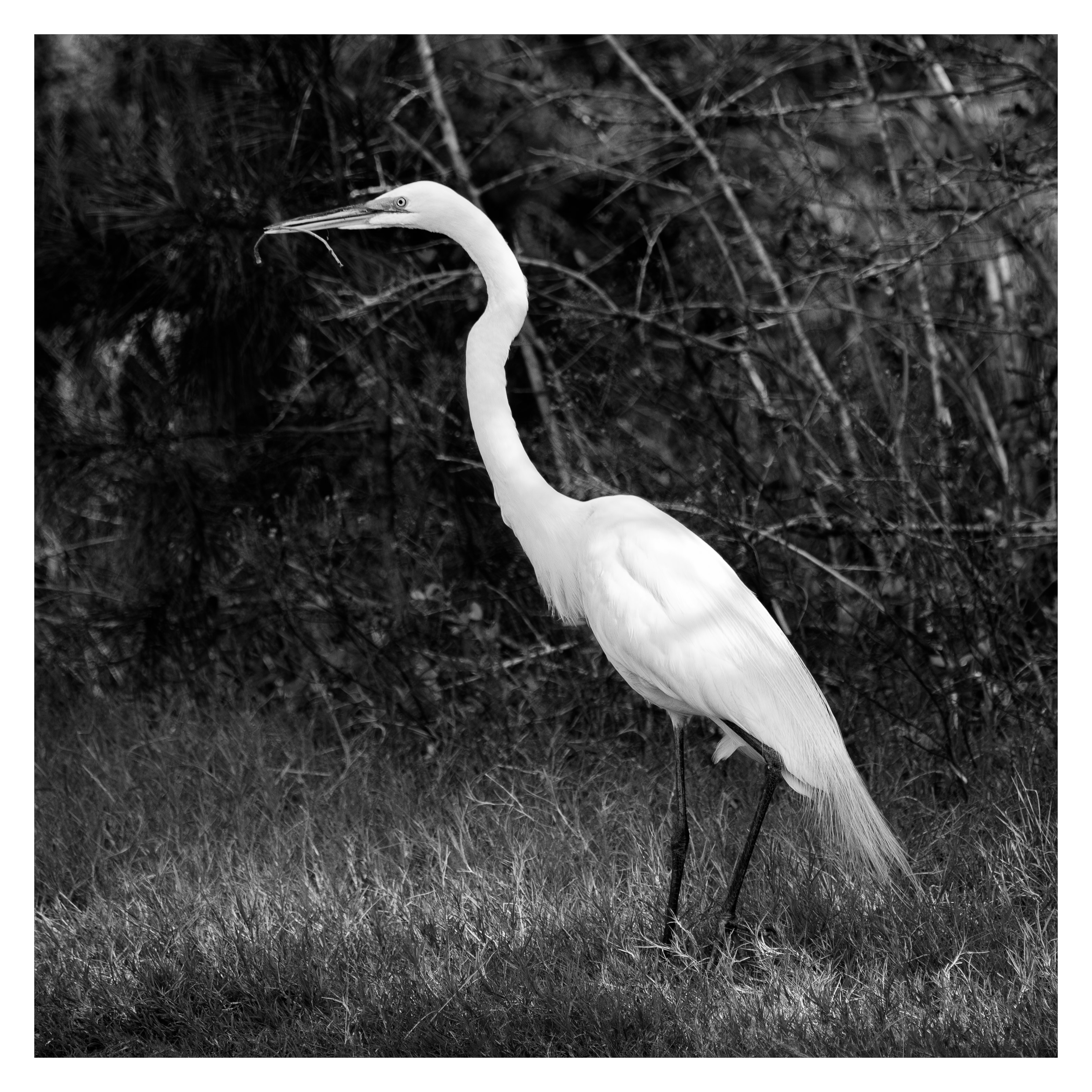Vision: The Power of a Paradigm
“Without vision, the photographer perishes.” - David duChemin
How do you see the world? You probably think you see the world objectively, as basically the way it actually is. And in some ways, you might. But in other ways, the way you see things is determined by your paradigm at the moment.
For instance, imagine you're on a busy train headed home from work after a long day and, with several more stops to go, a father and two young kids board the train. You watch the father slump in his seat but the children are restless and begin to bother the other passengers by yelling back and forth, and even running up and down the aisle a little, bumping into people. It's hard to imagine how this father can just let his kids run wild this way! You can see the other riders are growing irritated with the kid's behavior and eventually, and with great restraint you might add, you finally get the father's attention and ask him if he might not be able to control his children a little better. The father seems to wake from a dream and realize the situation for the first time. He looks at you and apologizes, but adds that they just left the hospital where his wife, the children's mother, had just unexpectedly passed away, and he wasn't sure what to do and the kids certainly didn't. Imagine now how you might feel?
Would your heart go out to the father and his kids? Would you suddenly shift from irritation to compassion, offering your condolences and asking if there's anything you could do? You might indeed, and that's because your paradigm changed. The way you saw the situation shifted, and therefore your perception of it did as well.
How we go around generally seeing the world, our paradigm, is based on years of conditioning. We've been influenced by our upbringing, our family, our church, our school, our friends, and our work. Our paradigms are the sources of our attitudes and behaviors, so working on changes to only our attitudes and behaviors alone is insufficient to really change ourselves. We must work at the root of the problem, our paradigm, the way we actually see things.
And yet, that type of work takes effort and training and time and a bit of philosophy, so it is not the easy way to improvement most people are looking for. As Henry David Thoreau wrote, "For every thousand hacking at the leaves of evil, there is one striking at the root." We should all try to be among the one, for that is where real transformational change happens. When we are self-aware enough to recognize that our paradigm is clouding how we see things at the moment, we can then use that understanding to try to see things as objectively as possible. As I quoted in my post on February 26, 2022...
“We don't see things as they are. We see them as we are." - Anais Nin
And the way we are, is the paradigm we have at the moment. Let's strive to have our paradigm be one based upon good virtue.
Clicking on the image will open it in full screen
‘Vision,’ the view out across the marsh of Raccoon Creek, near the southernmost tip of the DelMarVa Peninsula, on a lovely sunset evening in the Eastern Shore Of Virginia National Wildlife Refuge.




beautiful photograph
ReplyDeleteThank you! I'm really glad you like it.
Delete